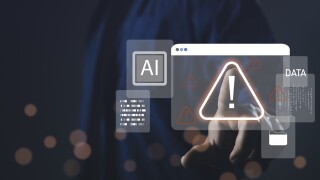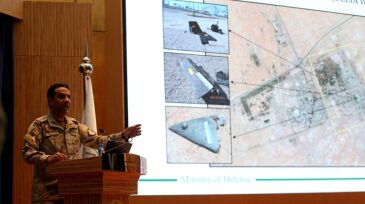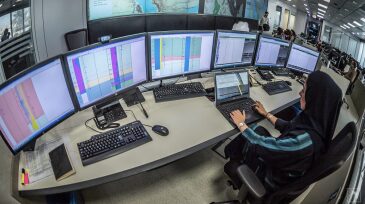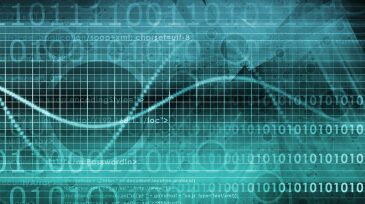Cybersecurity
This study presents a novel hybrid approach to enhance fraud detection in scanned financial documents.
AI is transforming the field of cybersecurity, offering new possibilities and challenges for both defenders and attackers, but AI also can introduce new vulnerabilities and risks and raise new ethical, legal, and social issues for cybersecurity.
The report on data from the Cybernews Business Digital Index also revealed that only 10% of top oil and gas firms passed a basic cybersecurity assessment. The rest failed.
-
Most companies have known for a while that they benefit when the parties that manage their networks cooperate. Beyond benefiting the business, however, this cooperation of open communication between the different sectors can help the people tasked to manage the security of those networks.
-
One of the foremost threats companies face today is that posed by cybercriminals, and the unique vulnerabilities of companies in the oil and gas sector create heightened cybersecurity risks for those pursuing transactions in the sector.
-
The kingdom and the oil and gas industry have been slow to shore up defenses, raising red flags about the possibility of longer-term fallout in the region, experts said, including those who have responded to incidents in the region.
-
Saudi Aramco, BP, and Schlumberger pride themselves on staying at the forefront of digital technology development and deployment. But an equally daunting challenge for the industry heavyweights is keeping their ever-expanding digital systems secure.
-
Nicknamed “warshipping,” the hacking technique allows remote infiltration of corporate networks by hiding a remote-controlled scanning device designed to penetrate a wireless network inside a package.
-
Cybersecurity firm Dragos has identified a new threat to the oil and gas industry, HEXANE. The company has also released a report assessing the cybersecurity environment in oil and gas.
-
The author argues that the advent of cloud technology should not be regarded as a further challenge to security but an opportunity to revitalize and improve a company’s defenses dramatically.
-
As the global oil and gas industry grasps the benefits that digitalization, automation, machine learning, and artificial intelligence can bring to production and profitability, its relatively immature cyber systems are making it an attractive soft target for hackers.
-
The partnership opportunity is designed to spur the development of next-generation tools and technologies that will become widely adopted throughout the energy sector to reduce the risk that a cyber incident could disrupt the country’s energy system.
-
Cyberattacks on energy infrastructure have become a headline affair in recent years, and the costs of not addressing the threats they pose can be catastrophic. What are the responses, and how does the convergence of IT and OT help close the security gaps?













